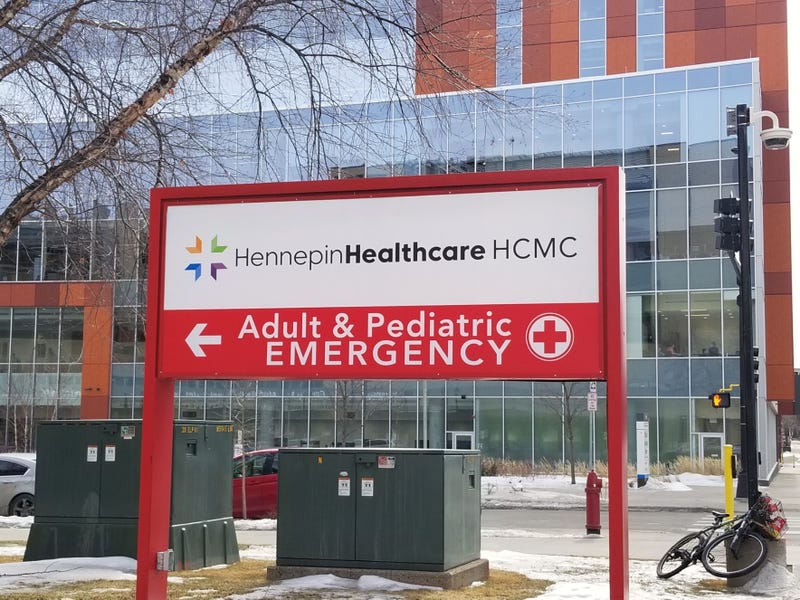
We have seen the ravages of gun violence in Minneapolis over the past few months. The deadly mass shooting at Annunciation Church showed some of the challenges victims - especially young victims - face when dealing with such severe trauma. Just last weekend, there was the shooting near the University of Minnesota. Another teen was shot this week at a birthday party in North Minneapolis. The list could go on.
WCCO Radio's Susie Jones has more on a program at Hennepin Health Care, helping survivors heal.
"Being shot is not normal."
That's Kentral Galloway, the Director of Next Step, a hospital-based violence intervention program that connects survivors of violent injury to resources and support.
Galloway says whether it is an innocent bystander, or an intended victim, every survivor responds differently.
"Some folks do not want to leave their house, some folks might not want to go on certain part of areas of the city," Galloway explains. "Some folks just will try to shut it off and not even think about it. And try to say it never happened to them."
His team works with patients in the hospital, trying to give them hope and direction after a moment of extreme trauma - both physically and mentally.
"Reminding them that, you know, thank God you're still with us," he explains. "What's life going to look like now, once you're discharged, because it's going to be different, different in many ways. Your loved ones are going to be worrying about you more and more now. You're like, are you going here? Are you going there? Just rebuilding that trust that, you know, they're going to be safe."
And life will be different in many ways. Previous victims may have a hard time sleeping or eating. Dealing with the aftermath of trauma can be difficult, and while the number of gun shot victims is down in Minneapolis since the highs of 2020 and 2021, survivors often face challenges.
"People are traumatized, so helping them deal with their trauma and sometimes talking to families to make sure they have cooler heads, and don't go back out in the community and do something irrational," Galloway explains. "We call it retaliation."
Sophia Forchas is a recent example of that trauma. The 12-year old was shot in the head on August 27 in the mass shooting at Annunciation Catholic Church and School in Minneapolis. Last week, she went home from the hospital, good news many didn't think was possible. Now that recovery goes from being able to survive, to being able to fully function physically, to the mental healing from such a traumatic experience.
Since launching in 2016, the program has served over 900 participants.
The goals of the Next Step program are to reduce re-injury and re-hospitalization for survivors of violent injuries, support positive development and holistic healing for survivors and families affected by violence, foster awareness in the community for violence prevention and recovery strategies, and interrupt the cycle of community violence.
Next Step is a partnership between Hennepin Healthcare, North Memorial, Children’s Minneapolis, Abbott Northwestern, and the City of Minneapolis, with additional support from the Minnesota Department of Public Safety – Office of Justice Programs.
